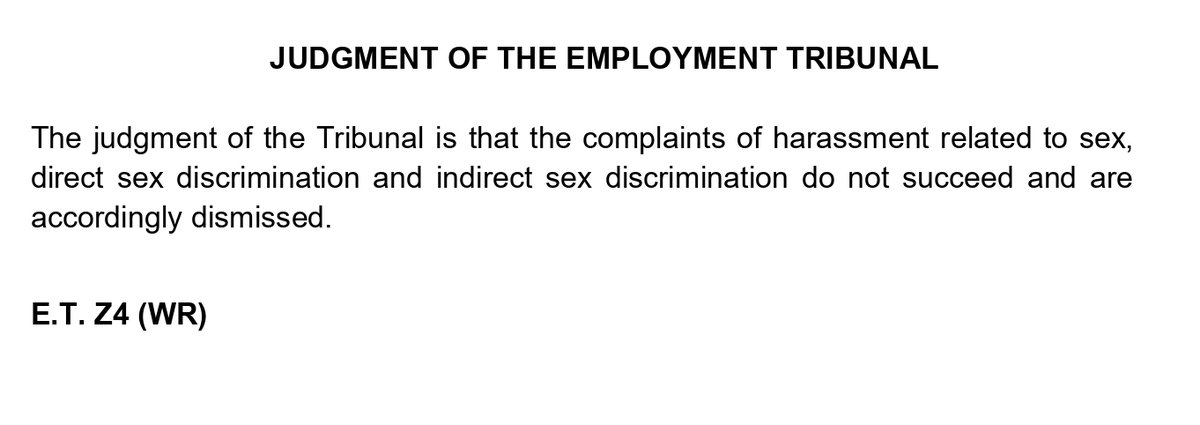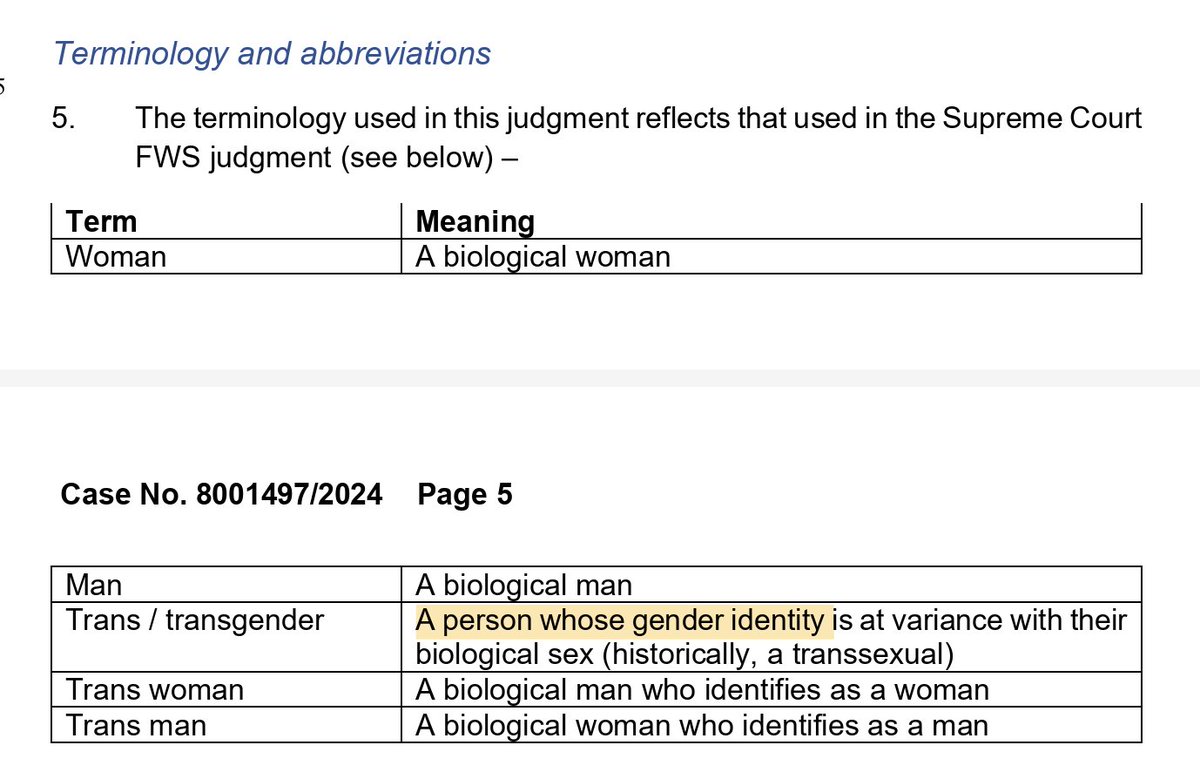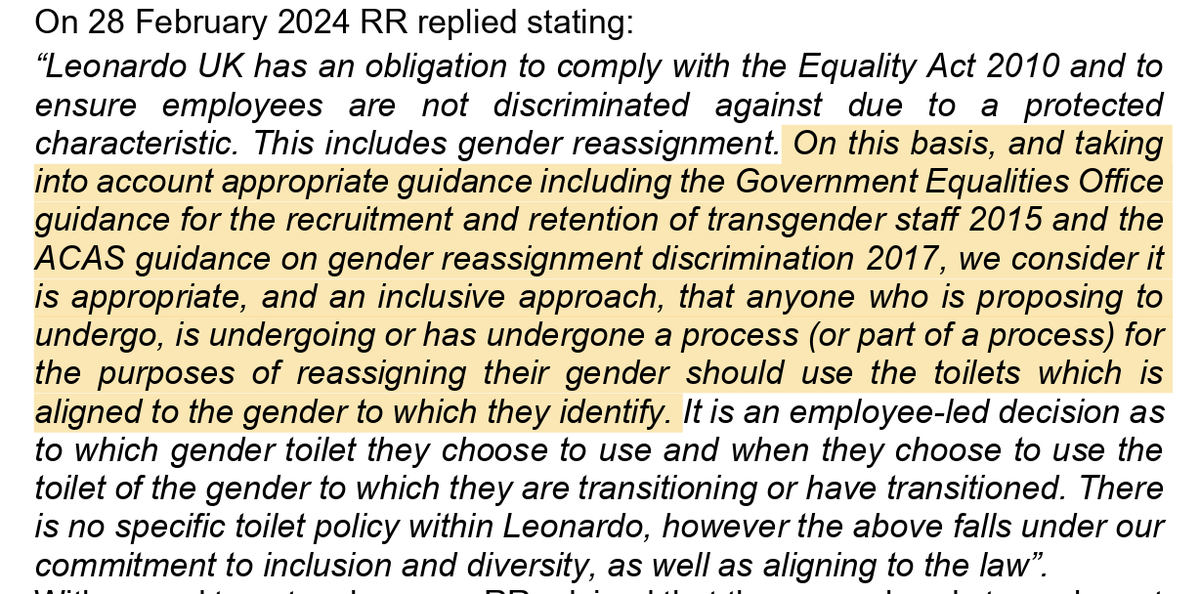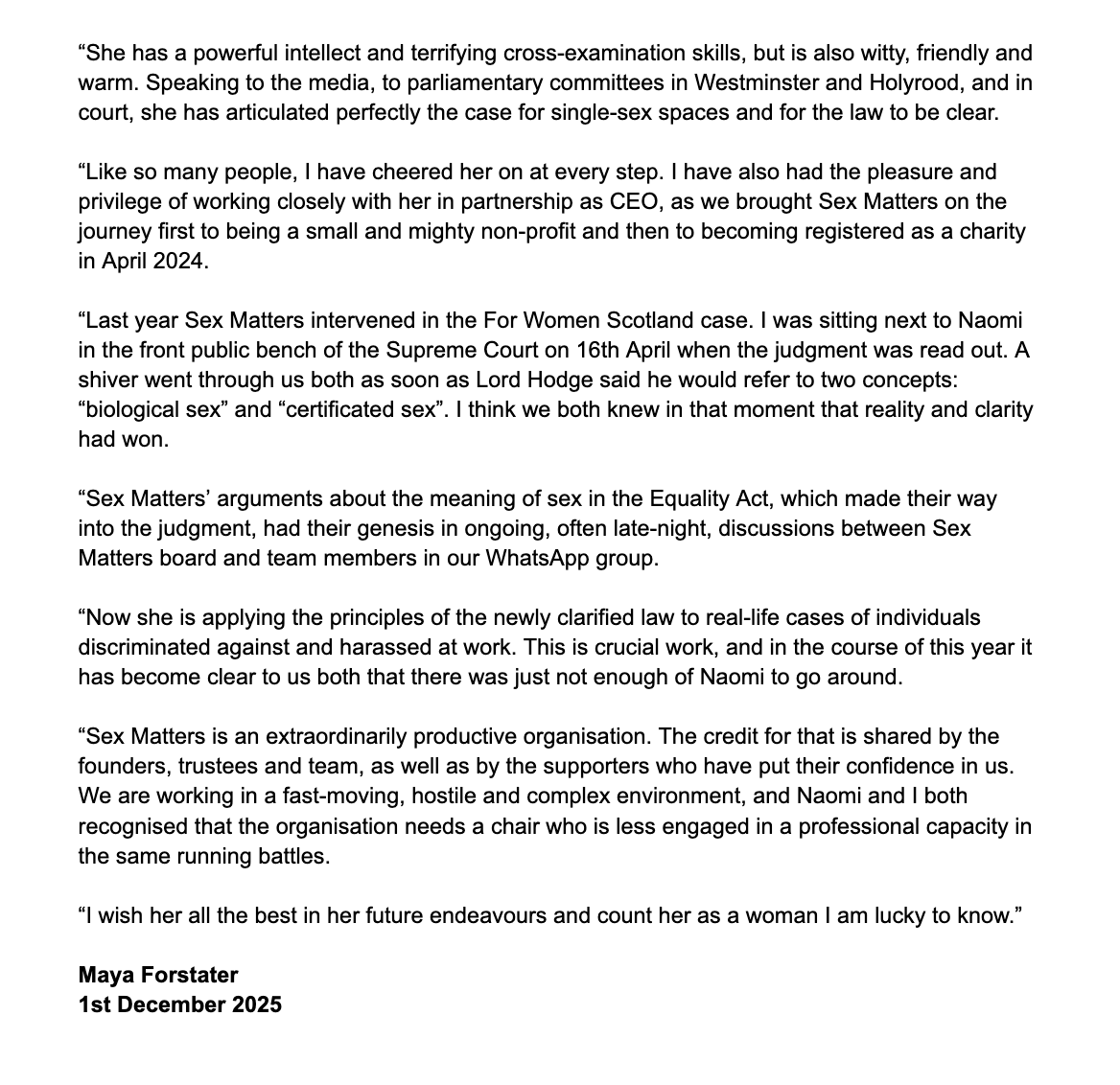The Law Society's new template on transition is big on "gender expression" and plays down medical transition.
This is all about celebrating cross dressers in the office
This is all about celebrating cross dressers in the office
https://twitter.com/RollOnFridayWeb/status/1311934901994885121
It throws open the doors of women's changing areas and toilets to male colleagues who wish to use them if they feel more comfortable.
They don't have to identify as women, or be undergoing any medical treatment. Just declaring themselves non-binary would be enough.
They don't have to identify as women, or be undergoing any medical treatment. Just declaring themselves non-binary would be enough.

It tells law firms to pledge to "exceed" the Equality Act 2010 & Gender Recognition Act.
No mention of checking whether this might undermine their adherence to the law on sex discrimination, disability discrimination, race and religious discrimination, or sexual harassment.
No mention of checking whether this might undermine their adherence to the law on sex discrimination, disability discrimination, race and religious discrimination, or sexual harassment.

If a female lawyer complains that she feels uncomfortable undressing with, or having enforced girly bathroom chats with, or being called "cis" by her male colleague ... well that might be harassment.
Any chance of a female only meeting or group to discuss policies is off.
Any chance of a female only meeting or group to discuss policies is off.

Woe betide anyone who succumbs to "cisnormativity" (i.e. recognising that sex is real, binary, immutable and that sex matters) 

They say this will help firms meet the @sra_solicitors code on equality, diversity & inclusion.
This policy puts the decision of a man to wear a dress to work feel comfortable in the women's toilets over the privacy, dignity and freedom of belief of every body else.
This policy puts the decision of a man to wear a dress to work feel comfortable in the women's toilets over the privacy, dignity and freedom of belief of every body else.

• • •
Missing some Tweet in this thread? You can try to
force a refresh

















